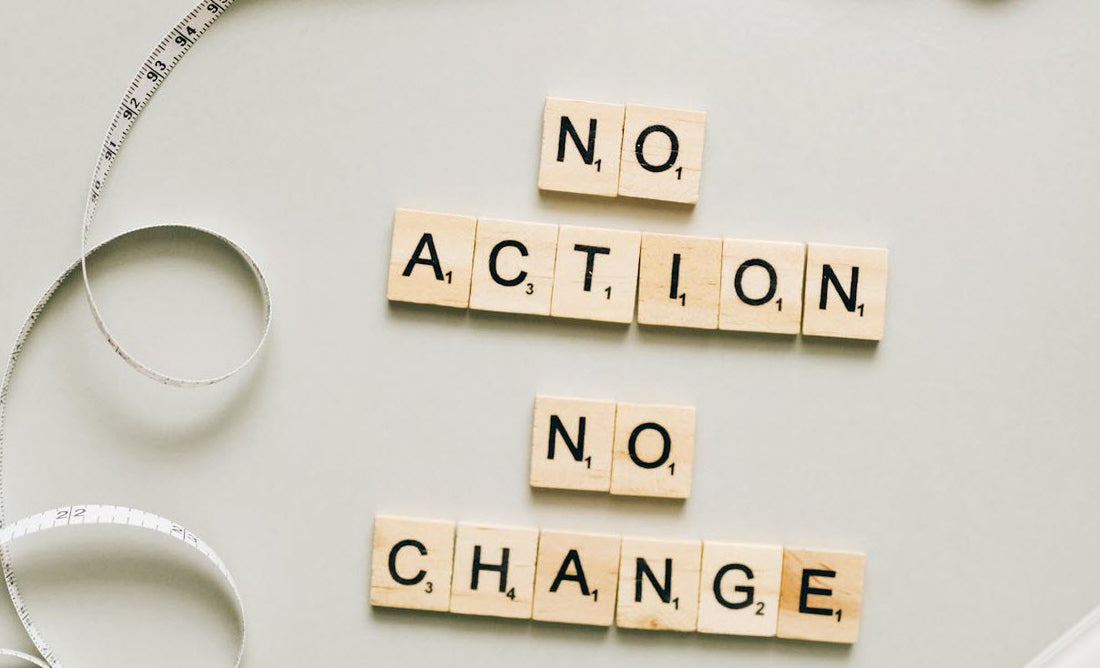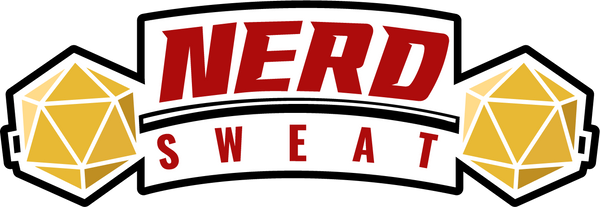
5 Reasons Why Setting Fitness Goals Beats New Year’s Resolutions
As the calendar turns to a new year, many people feel the pull to make resolutions. “I’ll go to the gym every day,” or “I’ll lose 20 pounds by spring!” While these intentions are well-meaning, studies show that nearly 80% of New Year’s resolutions fail by February. Why? Because resolutions tend to be broad, rigid, and overly ambitious.
Fitness goals, on the other hand, are specific, actionable, and realistic steps toward achieving long-term health and wellness. Here’s why setting fitness goals is a more effective and sustainable strategy—and how you can start today.
1. Fitness Goals Are Specific and Actionable
New Year’s resolutions are often vague, such as “I want to get in shape.” Fitness goals break this down into specific actions you can take daily or weekly. For example:
- Resolution: “I want to exercise more.”
- Fitness Goal: “I will walk for 30 minutes, 4 days a week.”
Why it Works: Specific goals give you a clear roadmap. Instead of feeling overwhelmed, you know exactly what to do to make progress.
2. Goals Focus on Progress, Not Perfection
Resolutions often set an all-or-nothing mindset. If you miss one gym day, it’s easy to feel like you’ve failed. Fitness goals emphasize small, consistent progress over time.
Example:
- Instead of: “I’ll lose 20 pounds in 2 months,” try:
“I’ll aim to lose 1-2 pounds per week by adding 2 workouts to my routine and eating more veggies.”
Why it Works: Goals celebrate incremental wins, keeping you motivated and engaged even when progress feels slow.
3. Goals Can Adapt to Life’s Challenges
Life happens: schedules shift, motivation wanes, and unexpected obstacles arise. Resolutions don’t leave much room for flexibility, while fitness goals can evolve.
Example:
If your goal is to run 10 miles a week but you sprain your ankle, you can adjust your goal to swimming or biking while you recover.
Why it Works: Flexibility helps you stay consistent without feeling guilty about “breaking” a resolution.
4. Goals Create Measurable Milestones
Resolutions often lack tangible benchmarks. Fitness goals include measurable milestones that help you track progress and celebrate achievements.
Example Milestones for a Goal to Improve Strength:
- Week 1: Complete 5 push-ups on your knees.
- Week 4: Complete 10 full push-ups.
- Week 8: Add 5-pound dumbbells to your routine.
Why it Works: Tracking progress gives you a sense of accomplishment, making you more likely to stick with your plan.
5. Goals Build Long-Term Habits
Resolutions tend to focus on short-term outcomes, like fitting into a dress for a wedding or hitting a certain number on the scale. Fitness goals prioritize building habits that support lifelong health.
Example:
- Instead of: “I’ll fit into my old jeans by March,” try:
“I’ll walk every morning to boost my energy and mental health.”
Why it Works: When the focus shifts from results to habits, you’re more likely to maintain your progress even after you achieve your initial goal.
How to Set SMART Fitness Goals
To ensure success, use the SMART framework:
- Specific: Clearly define what you want to achieve.
- Measurable: Include a way to track progress.
- Achievable: Make it realistic for your current fitness level.
- Relevant: Align the goal with your values and needs.
- Time-Bound: Set a deadline or timeframe.
Example:
“I will complete a 5K run in 3 months by training 3 days a week and gradually increasing my distance by 10% each week.”
Final Thoughts
Fitness goals offer a practical, flexible, and motivating alternative to New Year’s resolutions. By focusing on small, actionable steps, you can build lasting habits that lead to a healthier and happier life. Instead of overwhelming yourself with sweeping promises, start with one clear, attainable goal—and celebrate every milestone along the way.
References & Resources
- Very Well Mind – The Psychology Behind Why Resolutions Fail
- CNET – How to Set Realistic Fitness Goals in 2025
- James Clear – Atomic Habits
- SMART Goals Template – Download A Template That Works For You
With fitness goals, the focus isn’t on perfection but on progress. So, as you head into the new year, ditch the resolutions and start setting meaningful goals that work for you. Happy goal-setting! 🎯
